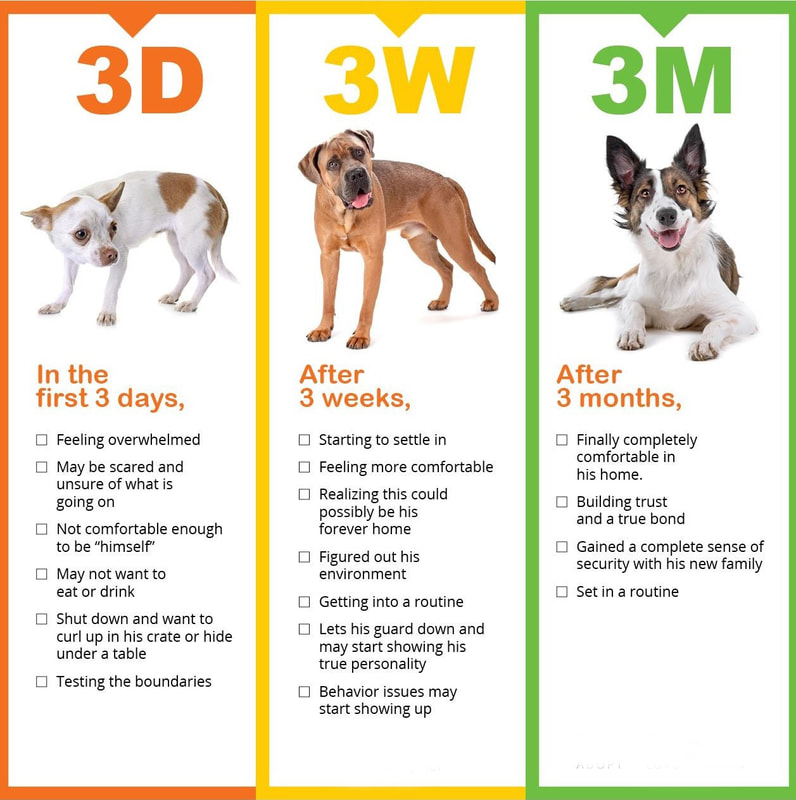FIRST STEP IS A HEALTH ASSESSMENT
On intake, dogs receive an assessment, provided by a veterinarian (registered veterinary technician (RVT), staff, volunteer, or foster) in evaluating all body systems and determining when an animal needs to see a veterinarian.
VACCINATIONS
All cats and dogs receive receive core vaccines to protect against Parvo and Distemper at minimum.
PARASITE CONTROL
All cats and dogs receive treatment for roundworm and hookworm, fleas and ticks.
--All visible or diagnosed parasites are treated.
--Parasites are very common and cannot always be fully eliminated due to the number of animals fostered together one home.
ROUTINE DISEASE TESTING
Regardless of age, any dog who on intake has ticks, will be tested for tick related diseases.
Depending on the recommendation of a veterinarian, 3DX, 4DX, blood panel may be provided.
Distemper test
Parvo test
SPAY/NEUTER
Surgeries are conducted by a licensed veterinarian.
Dogs and cats are spayed or neutered prior to adoption unless medically or behaviorally contraindicated according to a veterinarian.
For juvenile cats, dogs, and rabbits who may be too young to be altered before adoption, there MUST be a stipulation included in the adoption contract for the animal to be altered by a certain date.
D. PERMANENT IDENTIFICATION
Microchips are used.
On intake, dogs receive an assessment, provided by a veterinarian (registered veterinary technician (RVT), staff, volunteer, or foster) in evaluating all body systems and determining when an animal needs to see a veterinarian.
VACCINATIONS
All cats and dogs receive receive core vaccines to protect against Parvo and Distemper at minimum.
PARASITE CONTROL
All cats and dogs receive treatment for roundworm and hookworm, fleas and ticks.
--All visible or diagnosed parasites are treated.
--Parasites are very common and cannot always be fully eliminated due to the number of animals fostered together one home.
ROUTINE DISEASE TESTING
Regardless of age, any dog who on intake has ticks, will be tested for tick related diseases.
Depending on the recommendation of a veterinarian, 3DX, 4DX, blood panel may be provided.
Distemper test
Parvo test
SPAY/NEUTER
Surgeries are conducted by a licensed veterinarian.
Dogs and cats are spayed or neutered prior to adoption unless medically or behaviorally contraindicated according to a veterinarian.
For juvenile cats, dogs, and rabbits who may be too young to be altered before adoption, there MUST be a stipulation included in the adoption contract for the animal to be altered by a certain date.
D. PERMANENT IDENTIFICATION
Microchips are used.


